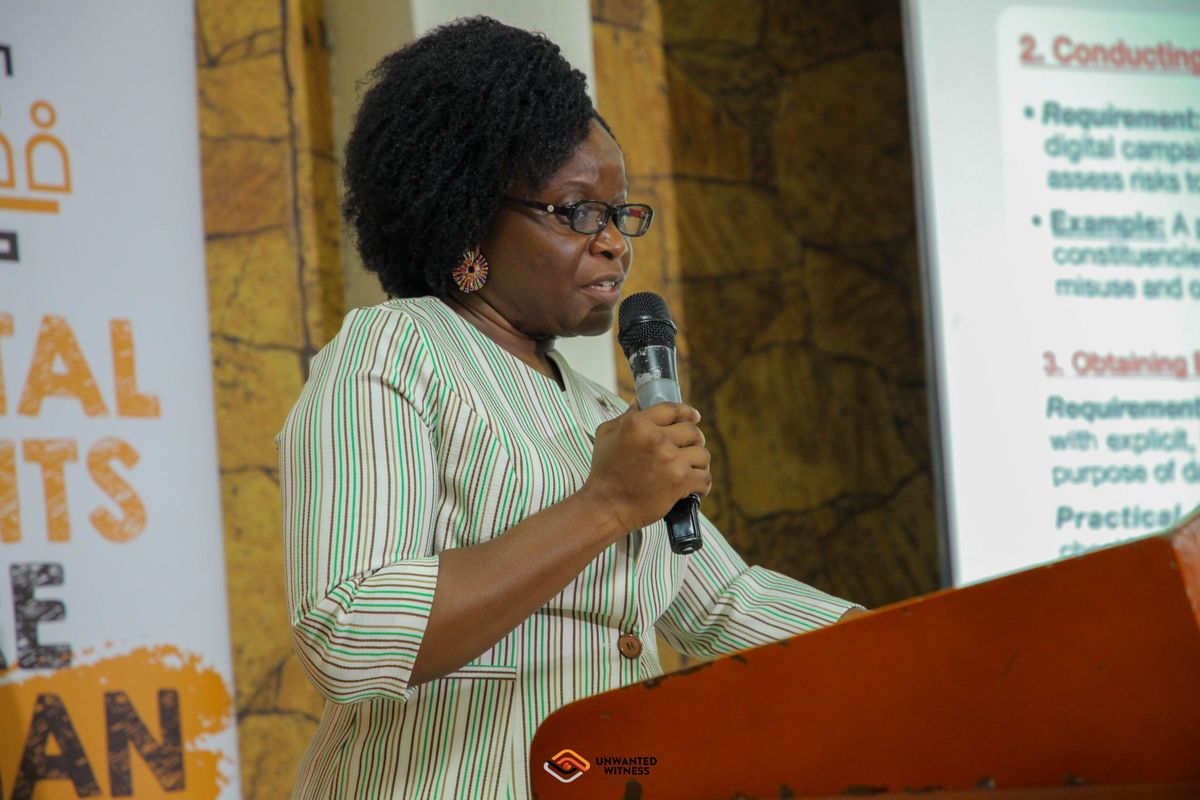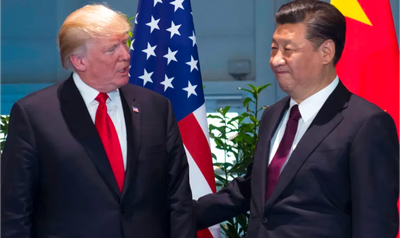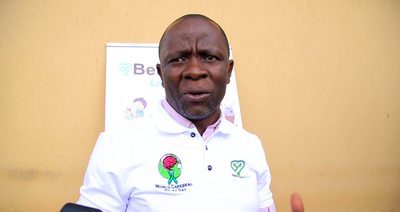
A new report has raised fresh concerns that Uganda’s rapidly expanding digital surveillance network is increasingly being used to target journalists, civil society actors, and human rights defenders, potentially shrinking democratic space as the country heads into the 2026 general elections.
The report, released in June by Unwanted Witness, a digital rights advocacy group, examines surveillance practices in seven countries across East and Southern Africa. It concludes that while governments often justify these technologies as necessary for public safety and crime prevention, they are in fact being deployed as tools of control against dissenting voices and watchdog institutions.
In Uganda, the findings echo growing fears among media practitioners and civic actors who have long decried what they see as a climate of intimidation. The report references recent cases, including that of Canary Mugume, an investigative journalist with NBS Television, who disclosed to The Independent that his phones had been stolen on two separate occasions in what he believes were targeted incidents. Mugume further revealed that Apple once notified him that he may have been the target of sophisticated spyware—suspected to be linked to state actors.
“Surveillance is not just about monitoring; it creates a chilling effect,” the report warns, noting that the mere perception of being watched can silence activism, journalism, and even basic civic engagement. This, according to Unwanted Witness, could erode public trust and undermine freedoms guaranteed by Uganda’s Constitution.
Over the past decade, Uganda has rolled out a series of initiatives that have vastly expanded its surveillance architecture. Among them is the Huawei-powered “safe city” project, which relies on facial recognition technology and an extensive network of CCTV cameras installed across Kampala and other urban centres. Authorities have marketed the project as a crime-fighting tool, but rights advocates argue that the lack of transparency around data collection, storage, and use leaves citizens vulnerable to abuse.
Other measures include the compulsory biometric SIM card registration linked to the national identification system, digital license plates with real-time vehicle tracking capabilities, intensified social media monitoring, and reports of state acquisition of spyware capable of infiltrating personal devices. Civil society groups argue that such measures, introduced without strong legal safeguards or independent oversight, are being weaponized to restrict freedoms rather than protect them.
The timing of these concerns is particularly sensitive. With the 2026 general elections drawing closer, activists fear that surveillance tools could be used to monitor opposition figures, journalists covering political developments, and NGOs pushing for accountability. The report stresses that surveillance, when unchecked, risks tilting the political playing field and entrenching authoritarian tendencies.
To mitigate these risks, Unwanted Witness has issued a set of recommendations for Uganda and its regional counterparts. These include: Legal reforms to strengthen privacy protections and clearly regulate the use of surveillance technologies. Independent oversight bodies to hold both government agencies and private tech providers accountable.
Greater transparency from companies supplying surveillance infrastructure, particularly foreign firms involved in large-scale projects. Public awareness campaigns to educate citizens about their digital rights and avenues for redress.
The report also calls on regional and international bodies to pressure governments to respect human rights in the digital space, warning that silence or indifference could embolden state overreach.
As Uganda positions itself as a fast-growing digital hub, the balance between technological progress and individual freedoms remains under scrutiny. Rights advocates insist that without safeguards, surveillance risks transforming “smart cities” into what they term “open-air prisons”, where citizens are perpetually watched, with little recourse against misuse of their data.
With the stakes rising ahead of 2026, the question confronting policymakers and the public alike is whether Uganda’s digital future will empower its citizens—or quietly strip away the freedoms that underpin democracy.














Roswell Mbabazi
Leave a Comment
Your email address will not be published.